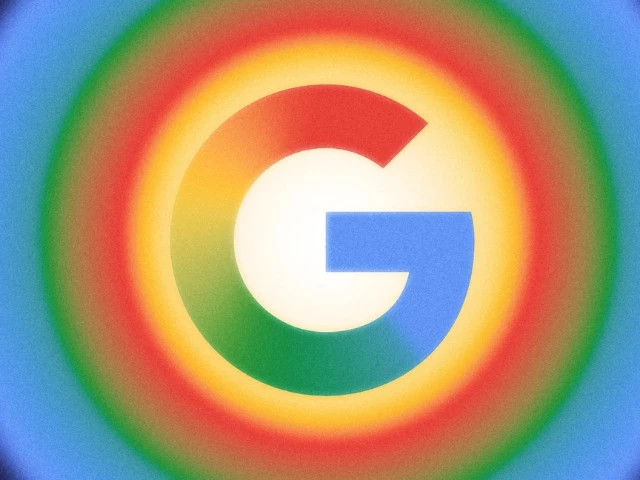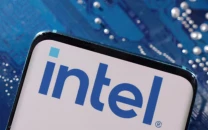Google to share AI upgrades at I/O conference amid search challenges
Google boosts search with AI overviews and AI mode, offering summaries and smarter answers atop traditional links

Alphabet's Google kicks off its annual developer conference on Tuesday with a flurry of announcements showcasing its huge investment in artificial intelligence, while seeking to fend off concerns over the future of its business.
The I/O conference in Mountain View, California has adopted a tone of increased urgency since the rise of generative AI posed a fresh threat to Google's long-time stronghold organizing and retrieving information on the internet.
In recent months, Google has become more aggressive in asserting it has caught up to competitors after appearing flat-footed upon the release of Microsoft-backed OpenAI's ChatGPT.
Top executives including CEO Sundar Pichai have often cited the pole position of its Gemini class of AI models on public leaderboards, ahead of top models from competitors including OpenAI and Meta.
Now, with consumer usage of AI chatbots maturing, investors will be tracking how aggressive Google is in disrupting its search advertising business line, which accounted for the majority of the company's $350 billion in 2024 revenue.
Earlier this month, Alphabet stock lost $150 billion in market value in one day after an Apple executive testified during one of Google's antitrust cases that AI offerings had caused a decline in searches on Apple's Safari web browser for the first time.
In turn, some analysts reassessed how to measure Google's dominant search market share, which has for years hovered around 90% by traditional metrics.
A Bernstein analyst note this month placed the figure at 65% to 70% when accounting for usage of AI chatbots. Wells Fargo analysts estimated that Google's market share could fall to less than 50% in five years.
The analysts pointed to a behavioral shift drawing consumers towards AI chatbots where they once used traditional search engines.
Google's market position could be further rocked by the outcome of legal challenges, in particular a pair of antitrust cases brought by the Justice Department, which is seeking the forced sale of parts of the tech giant including its Chrome browser.
Investment in AI accounts for most of Alphabet's $75 billion in forecasted capital expenditures this year, a dramatic uptick from the $52.5 billion in 2024 spending that the company reported. In April, CEO Sundar Pichai reiterated those spending plans despite market uncertainty around tariffs.
Google has injected more AI into its core search engine over the past two years, primarily through AI Overviews, generative AI summaries that are increasingly appearing atop the traditional hyperlinks to relevant webpages, and AI Mode, an experimental version that leverages AI more intensively to answer complex queries.
Tuesday's announcements will likely include further updates to search as well as Google's effort to deliver a "universal AI agent."
At last year's conference, the company teased Project Astra, a prototype tool that can talk to users about anything captured on their smartphone camera in real time.
The company began experimenting with inserting ads into AI Overviews last May, though it has avoided any radical changes that would rock the boat.
Meanwhile, Google is growing other revenue streams to monetize AI. Last week, the company told Reuters its Google One consumer subscription service had crossed 150 million subscribers helped by "millions" of customers who signed up for a $19.99 per month plan with access to AI capabilities unavailable for most free users.


















COMMENTS
Comments are moderated and generally will be posted if they are on-topic and not abusive.
For more information, please see our Comments FAQ